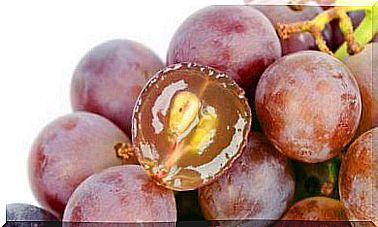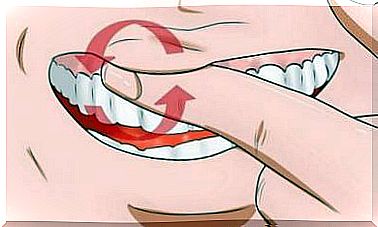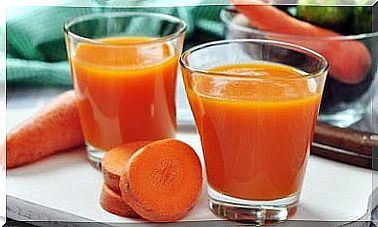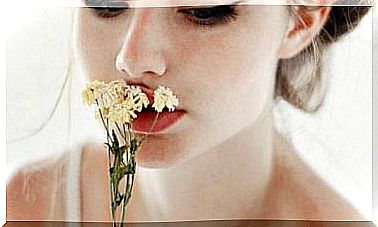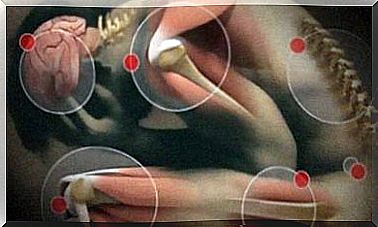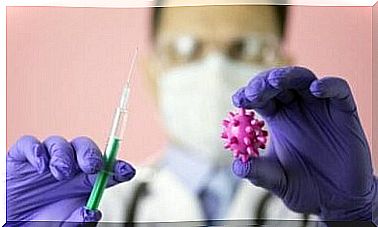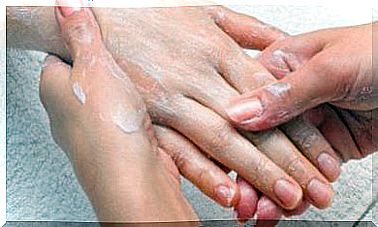The Best Teas For Dehydration
If you want to dehydrate your body, you can effectively support this with nutrition and special teas for dehydration.

There are special teas for dehydration in stores, but you can also make an effective tea from individual ingredients. It is important to let the teas steep long enough for dehydration so that the resulting brew contains enough active ingredients.
Before you drink teas to dehydrate …
Not only teas for dehydration can help your body to store unnecessarily stored water and relieve you of swollen fingers, feet and legs. Dehydrating teas are an ideal addition to a dehydrating diet.
Before you drink liters of tea, it is important to find the cause of the water retention so as not to fool around on the symptom.
If your legs and feet are swollen, it is usually because you have been standing for a long time and the venous pump has not worked properly. That is normal. Try rocking up and down as you stand to keep the venous pump going.
Extreme heat also leads to water retention, as the vessels expand and more water can flow in. Another cause could be an impaired drainage of the tissue fluid (lymph) if you are wearing too tight stockings or clothing.
A thrombosis could also be behind it and this is life-threatening and belongs in the hands of a doctor!
Heart, liver and kidney diseases, as well as allergies and thyroid dysfunction can also promote water retention and are sometimes life-threatening!
Therefore, it is essential to clarify unclear water retention with a doctor before you drink liters of tea for drainage!
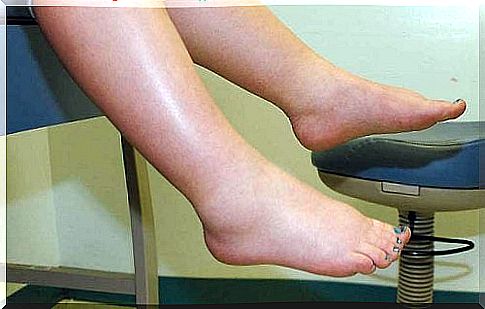
Diet against water retention
Diet is the key to success in fighting water retention. To prevent water retention in general, you should avoid all foods that promote water retention in the body.
This includes not only salt, but also sugar. The following foods are absolutely taboo:
- Ready meals because they contain a lot of salt and sugar.
- Sausage, because sausage products and marinated meat products are very salty.
- Smoked fish or smoked meat (ham, etc.), as these also contain a lot of salt.
- Sweets and sweet drinks when they are sweetened with sugar.
- Breakfast cereals, even sweet ones, because they also contain too much salt!
And in general: At least 2 liters of calorie-free drinks per day, preferably teas for dehydration.
Teas for draining water
Mother Nature has something in store for us in her herb garden for many ailments. There are also excellent herbal teas for draining water. If you want to make your own dehydrating teas, get the following ingredients and herbs from the pharmacy. They work individually or in combination:
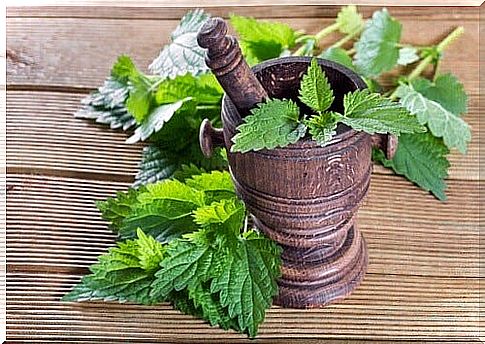
Nettle
Nettle leaves have a dehydrating effect. Admittedly, it neither looks appetizing, nor does it taste particularly good. But medicine doesn’t always have to be tasty! Nettle tea has a dehydrating effect and helps prevent water retention. You can buy the leaves in dried form in pharmacies or health food stores.
Since the nettle grows almost everywhere, you can also harvest it yourself and hang it upside down to dry it at home. The stronger the tea, the more intense the effect! If you collect nettle leaves yourself, be sure to harvest them away from busy roads and wash them thoroughly before drying.
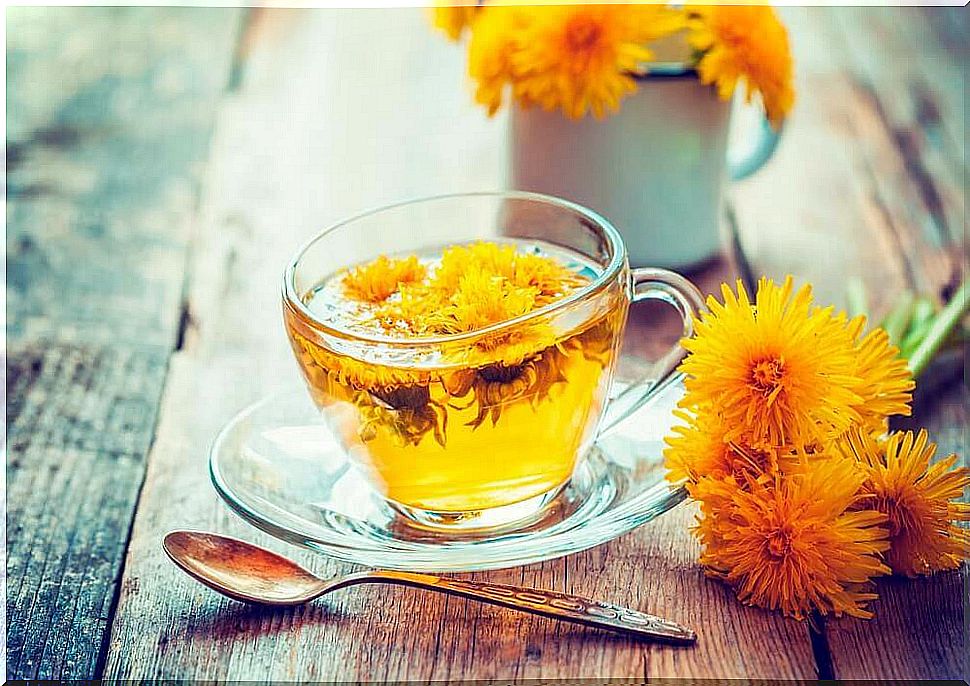
dandelion
Dandelion tea is also one of the teas for dehydration. All parts of the dandelion are effective. The same applies here: if you do not buy in pharmacies, health food stores or health food stores, you should make sure that the dandelions grow away from streets and fields sprayed with pesticides.
You can make a draining tea from dandelion flowers, leaves, or even the roots. Alternatively, try using dandelion leaves like fresh spinach and as a vegetable side dish or salad ingredient! The young, tender leaves are particularly suitable for this.
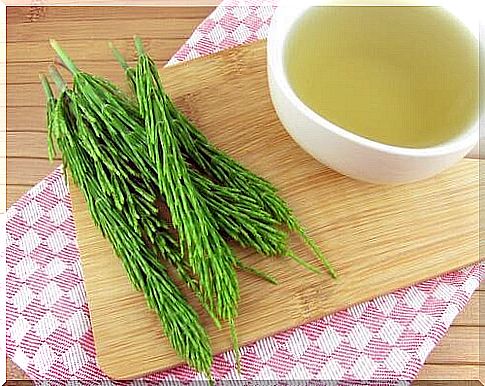
Horsetail
You can easily recognize horsetail in nature because it looks very characteristic. It is also called field horsetail and does not grow in regions with chalky soils, which is why you may have to buy it in stores.
Horsetail contains silica, which is why horsetail tea is not only good for draining water, but also provides important building blocks for skin, nails and hair. It is not really great in taste, but can be drunk well with honey.
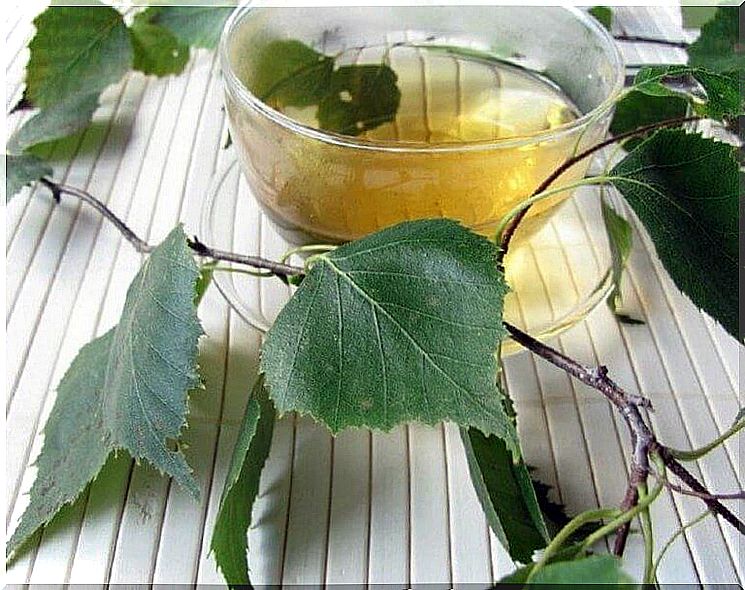
Birch leaves
A tea made from birch leaves is also often used for bladder infections, as birch leaves have a diuretic effect and thus flush the urinary tract well. Since birch leaves are quite coarse and leathery when you use them fresh, cut them into small pieces before preparing them into a tea.
If you are using dried birch leaves, strain the tea off before using it. Birch leaves have a gentle effect and are therefore often found in “bladder and kidney teas”. In combination with the herbs already mentioned, they help particularly well.
